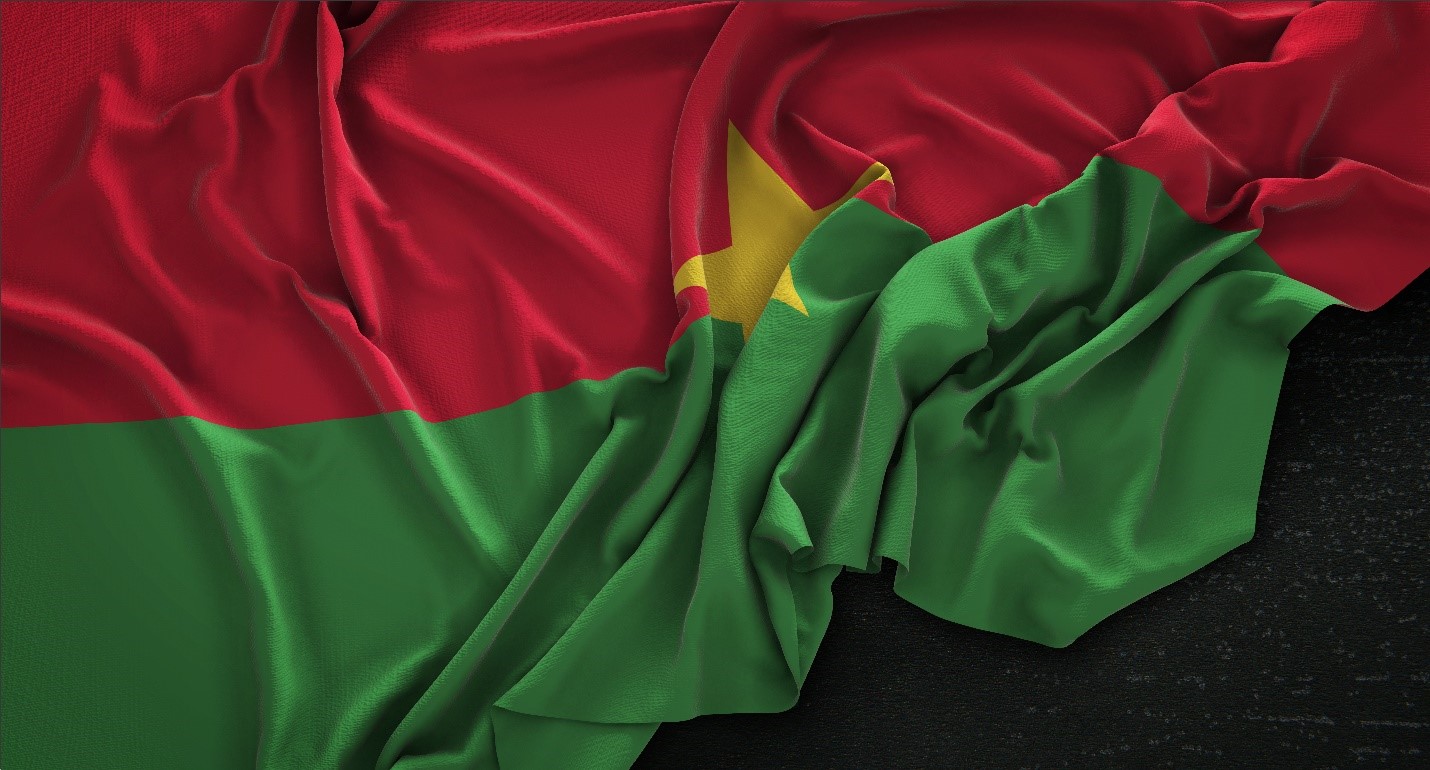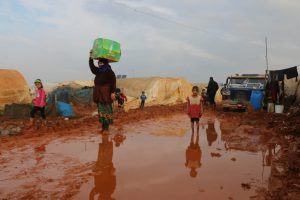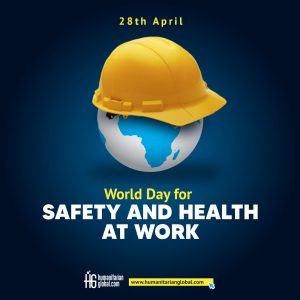In the months to come, one out of every eight individuals in the Sahel region might suffer a severe food insecurity catastrophe. In light of the European Commission High-Level Meeting on the humanitarian crisis in the Central Sahel, Action Against Hunger is issuing a warning about the region’s rising levels of extreme food insecurity. Hunger could rise by 50% in Burkina Faso, Niger, and Mali in the coming months, from 5.5 million to more than 8 million people facing a serious food insecurity catastrophe.
Manuel Sánchez Montero, Director of Advocacy and Institutional Relations for Action Against Hunger in Spain says that the agency has seen extreme levels of food insecurity in the Sahel for three years in a row with more than 27 million people suffering from severe hunger each year. If they don’t aid the people of this region, 16 million additional people could be thrown into a food catastrophe.
Kambire Sanzan, Mali’s Country Director for Action Against Hunger says that the agency is in a really tough situation where the repercussions of three big crises — conflict, climate change, and COVID-19 – have combined and exacerbated the food issue and there is a need to halt the vicious cycle of crises and famine. Massive population displacements are occurring in the central Sahel as a result of political and social instability in Mali and Burkina Faso, as well as increasingly extended and severe droughts and floods. There are more than 3.2 million internally displaced individuals in Burkina Faso, Niger, and Mali alone.
The COVID-19 epidemic and its side effects have limited migration and economic prospects, in addition to causing violence and depleting resources.
Sanctions Exacerbating the Region’s Needs
In a territory on the point of collapse, there is a need to expand – not limit – humanitarian relief right now. Border restrictions, a trade embargo, the withdrawal of financial aid, and the freezing of the country’s assets in the Central Bank of the States of West Africa are among the latest penalties issued by the Economic Community of West African States (ECOWAS) and supported by the European Union in Mali. These policies not only stifle institutions but also harm the country’s already vulnerable civilian population. The sanctions are contributing to the worst food insecurity situation in a decade in the country. Basic social services and the health system, which rely on foreign aid for 60% of their operations, are being hampered by these constraints.
Action Against Hunger in the Sahel Crisis
Throughout the Sahel, Action Against Hunger is working to prevent and alleviate food insecurity. Through community networks that monitor nutrition among the most disadvantaged individuals, Action Against Hunger supports actions to prevent, detect, and treat malnutrition. Food and nutrition supplements are also distributed to at-risk families, young children, and pregnant women.
The agency offers medicines, shelter, and other things to displaced communities, runs mobile clinics, trucks in clean water, and repairs and sterilizes water sources. Through the training of health professionals, community leaders, and civil society organizations, its teams are also striving to increase the capacity of health structures to better handle the COVID-19 pandemic. To lessen the impact of the pandemic on community living circumstances, Action Against Hunger offers COVID-19 preventive kits as well as nutritional aid.







